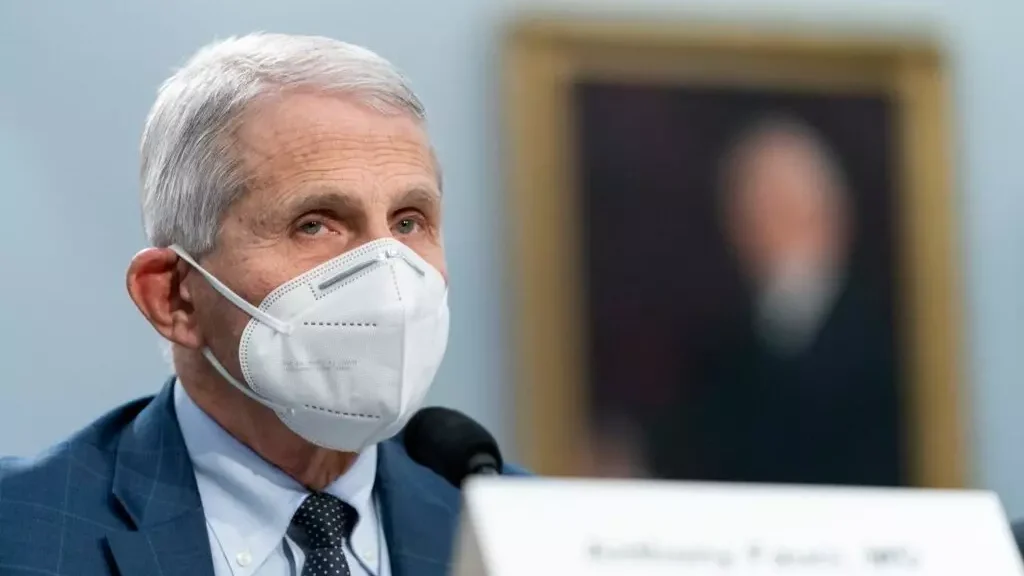Minnesota health leaders reflect on Dr. Fauci’s half-century of public service
[anvplayer video=”5131026″ station=”998122″]
After more than a half-century in public service, Dr. Anthony Fauci is leaving the federal government.
Dr. Fauci’s final days will be in December, will help usher in his predecessor and says walking away will be “bittersweet.”
The nation’s top infectious disease expert has worked 54 years in public service, including 38 years as the director of the National Institute of Allergy and Infectious Diseases (NIAID) — Dr. Fauci will also be stepping down as President Joe Biden’s chief medical advisor.
During his career, he’s advised seven presidents — in 2008 President George W. Bush awarded him the Medal of Freedom for his work on HIV/AIDS.
“It’s really a remarkable career,” Dr. Gregory Poland, one of Mayo Clinic’s top infectious disease specialists, said, adding: “I find hard to believe anybody else will ever emulate [Dr. Fauci’s career].”

Dr. Anthony Fauci (Photo Courtesy: Associated Press)
Dr. Poland said he’s known Dr. Fauci for several decades — knowing him well enough to call him by his first name.
“I’ve known Tony Fauci for about 30 years or so,” Dr. Poland said with a smile. Reflecting on the first time they met, he said the two of them conversed for around half-an-hour.
“I asked him for some advice and he freely gave that advice,” Dr. Poland said of Fauci. “He says ‘hi’ to me when we’re at meetings and we talk for a while.”
Despite the 81-year-old’s decades as one of the nation’s top-doctors — guiding Americans through several serious outbreaks — it was the COVID-19 pandemic that made Dr. Fauci a household name.
“He’s provided so much of the interpretive guidance, which then led to White House policy [and] even influenced CDC policies,” Dr. Poland said of Dr. Fauci’s impact during the pandemic.
Similar in scope, commissioner of the Minnesota Department of Health Jan Malcolm became a familiar face and name in our homes.
“We looked to him both through his public communications and the conversations that we were able to have [directly] with Dr. Fauci,” Commission Malcolm said.
With such a public role, praise for these public health officials is sometimes matched with criticism. Through the throes of the pandemic, Dr. Fauci shared he and his family had received death threats.
“Seeing the just the intensity of the of the attacks on Dr. Fauci was not surprising, but it was very, very troubling [and] painful to see,” Commissioner Malcolm said.
She, and Dr. Poland, say they’ve been a target of some of that vitriol surrounding the pandemic.
“I think that is one of the very sad things about this pandemic, the degree to which it did become politicized and polarized,” Commissioner Malcolm said.
No matter, Dr. Fauci has said he plans to use his extra time mentoring and inspiring the young scientists of the world — writing he hopes to help them as they “prepare the world to face future infectious disease threats.”